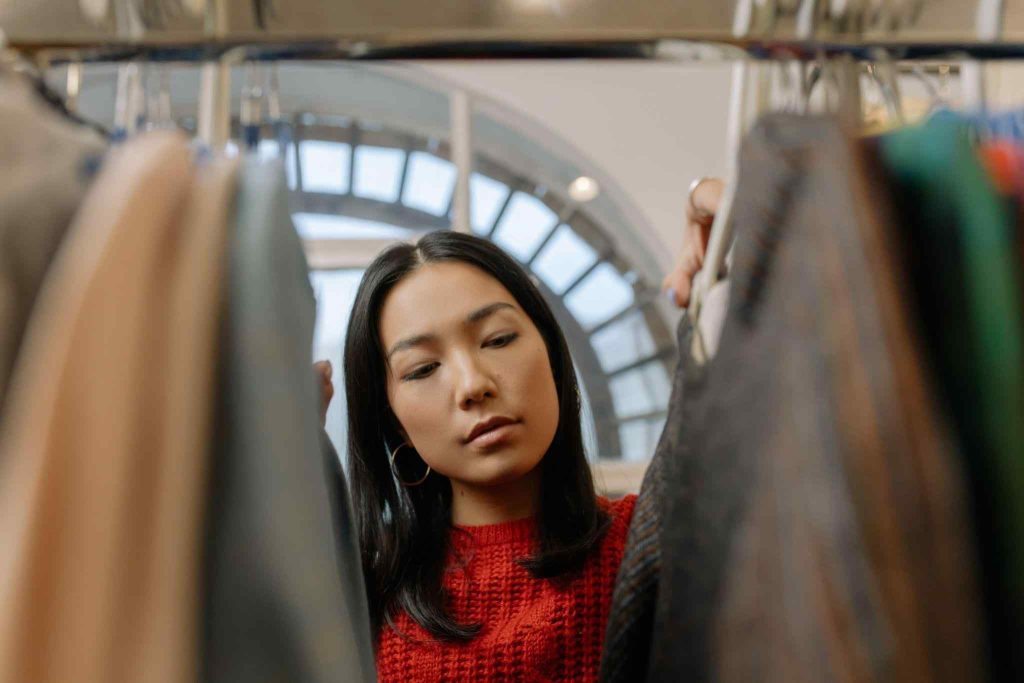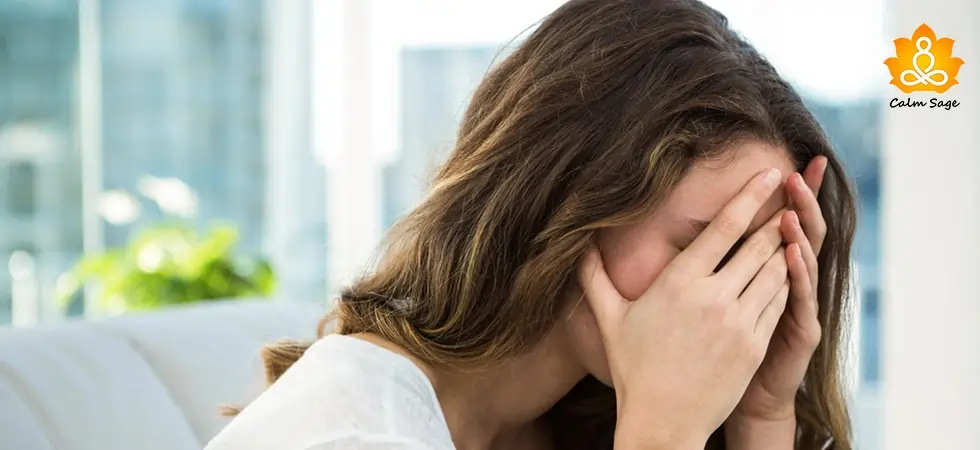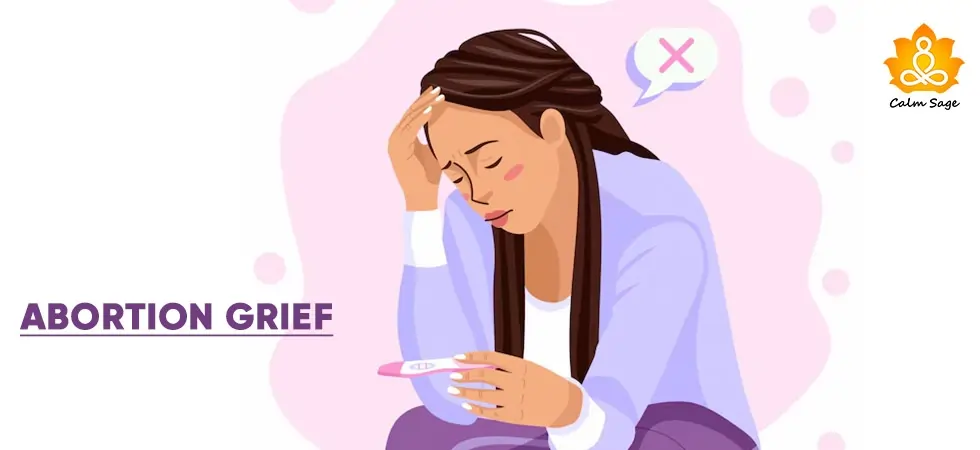Depression Shopping: Why It Doesn’t Help (And How To Cope With It)

When I’m sad, the one thing I often find myself partaking in is window-shopping – sometimes online – but other times I’m content with roaming a mall until I feel the need to buy something to alleviate my mood.
I mean, there’s nothing wrong with shopping to feel better when you shop or purchase something you don’t need because you want to hide your symptoms of depression, then it can be concerning.
Shopping can make you feel better and can bring a sense of control, indeed, but shopping as a defense mechanism against depression can be troublesome.
Depression and shopping are two separate things we never thought would be related to each other so well, but alas, it’s true. And don’t take my word for it; many studies over the years have found that shopping can help boost endorphins and dopamine, improving your mood and easing symptoms of depression.
In this blog, we’re taking a deeper look into why shopping while depressed makes you feel so good, the signs of depression shopping, and how you can cope with depression shopping.
Compulsive Shopping And Depression?

Shopping is a fun experience, sure, as it can help activate endorphins and dopamine, the feel-good hormones, in our brains. Shopping as a rewarding experience enhances the production of these hormones, especially dopamine, which is very closely linked with depressive symptoms.
If there’s a lack of dopamine, then it could lead to low motivation and even cause anhedonia, an experience where you lose pleasure in activities you once enjoyed. According to many experts, it is believed that shopping can temporarily give your brain a good dopamine rush.
While the lack of dopamine might not be the sole reason for depression, it could be one of the contributing factors. The chemical imbalance in the brain can be temporarily righted when you engage in something rewarding. In our case, shopping!
However, the rush of dopamine we get is short-term and when it wears off, you may want to engage in the activity again, leading to compulsive shopping or shopping addiction.
Signs Of Depression Shopping
While the signs of shopping addiction and depression shopping might look similar, there’s a difference. Depression shopping is specific to mood and the feelings of short-term relief you get from depression, while compulsive shopping can have many reasons.
If you’re experiencing depression shopping, then here are some signs you might need to look out for.
- Persistent thoughts about shopping or wanting to buy a specific item
- Experiencing pleasure or excitement during the shopping
- Making boundless plans and preparing a lot before a shopping event
- Wanting to shop to replace negative situations or interactions
- Experiencing guilt or regret after a making purchase
- Spending more money than you can afford on a purchase or buying more than your needs
- Shopping takes priority over other important aspects of your life
- Rarely using the things you buy during depression shopping
- Not wanting to part with items you’ve brought
- Hiding receipts of your spending
How To Cope With Depression Shopping?

While depression shopping might not always be easy to manage, you can cope with it before it turns into compulsive shopping or shopping addiction.
Shopping addiction can be as troublesome as depression shopping, and before it harms your health and well-being, it is recommended you seek professional help.
Here are some tips to help you cope with depression shopping;
1. Find Other Healthy Mechanisms
Shopping helps depression, indeed, because to your brain, it’s a rewarding experience. So when you’re shopping because of depression, try to replace this activity with other, healthier rewarding activities. Maybe reconnect with your long-lost hobby or find an interest that you can partake in instead of shopping when depressed.
2. Make A Wish List
Just because you feel the urge, doesn’t mean that you have to go through with it. Make a wish list and browse, but don’t buy. Dopamine will still be released because you’re engaging in window shopping. Instead of going through with the shopping, make a list and add your items there. It will also help avoid spending unnecessary money.
3. Make Shopping Difficult
When we’re on the topic of money, why not make it difficult to shop? I mean, one of the best ways to control impulsive spending is to make it harder to shop.
Avoid carrying credit/debit cards, keep a small amount of cash on your person, delete card information from your phone, unsubscribe from shopping emails, and delete shopping apps from your phone. This way, it’ll be harder to shop and avoid compulsive shopping.
4. Be Budget-Friendly
Another way to cope with depression shopping is to keep your needs budget-friendly. Self-care doesn’t have to include spending high amounts of money.
Try to keep your self-care budget-friendly by engaging in exercising, meditation, or even reading. You don’t have to book an expensive spa or massage session. Just a hot shower, a walk in the park, or reading your favorite book can do the trick.
5. Find Other Therapy Options
Depression shopping can be a glaring sign that you’re struggling with hidden depression, so when it becomes harder and harder to control your unhealthy habit, it might be time to turn to other therapy options than retail therapy alone.
Here are some options you may find helpful;
- Online therapy via video calls, audio calls, or messaging.
- Group therapy: You can meet and heal along with others with a similar condition under the guidance of a professional counselor.
- Online support groups where sharing stories and struggles are encouraged and support is welcomed as well as offered.
- Self-help groups where under a guidance counselor you can work on different coping strategies.
- Traditional therapy: You meet and interact with a therapist face-to-face.
- Life coaching: You’ll be guided by a coach who’ll help you work through your struggles and build healthy behaviors.
What Next?
Shopping is an experience that can feel rewarding to your brain and can trigger the production of dopamine and endorphins, the hormones that can help ease the symptoms of depression, but only temporarily.
Just like other unhealthy coping behaviors, shopping while depressed can be harmful and if not addressed on time, can lead to shopping addiction or compulsive shopping.
Shopping might offer you a boost of happiness but it’s a short-term solution. With the help of a mental health professional or the above-mentioned strategies, you can learn to cope with depression shopping before it goes out of hand.
Don’t hesitate to connect with a professional if you need additional support and help. You can also write to us at info@calmsage.com for help.
I hope this article will help you learn more about depression shopping and how to cope with depression shopping. You can share your tips with us in the comments below.
Don’t forget to like this article and share it with your loved ones to spread awareness.
Take Care!




















